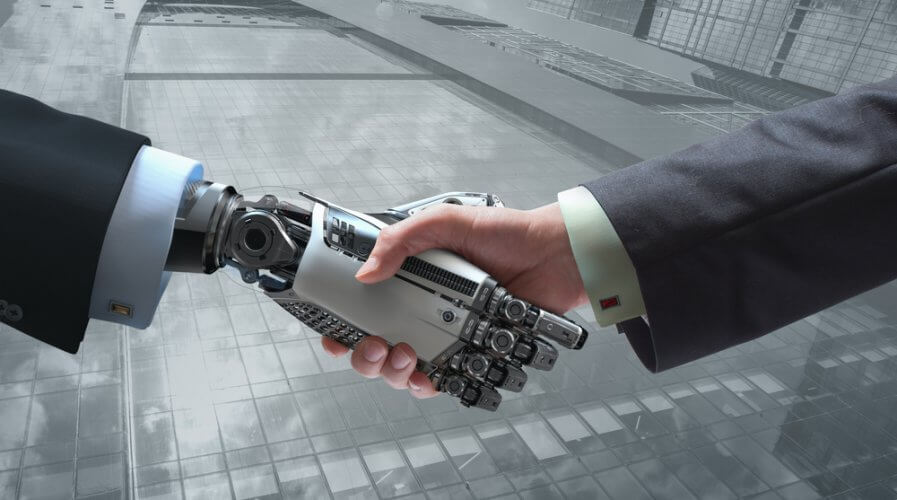
Thanks to robots, these non-tech skills are in demand | Source: Shutterstock.com
How automation can lead to better consumer relationships
WITH the inexorable march of automation and artificial intelligence comes the inevitable fear the world will become less humanistic and more machine-driven.
A study by The McKinsey Global Institute revealed 50 percent of today’s work activities could be automated by 2055. This proliferation in automation is not welcomed by everyone. In fact, according to Pew research, 70 percent of Americans express wariness or concern about a world where machines perform many of the tasks done by humans, reports The Guardian.
But according to Hootsuite’s chief marketing officer Penny Wilson, automation and artificial intelligence will actually allow us to become more human. As reported by CampaignAsia, Wilson believes marketers must leverage the opportunities that can arise from AI – such as taking over time-consuming tasks – instead of fearing it.
“We’re going to get overwhelmed in data, and that’s where AI will play a big role,” she told Campaign Asia-Pacific in Singapore. “It will allow you to become more human. Everybody says chatbots and AI are the same thing, and therefore everything will become talking to a robot.
“But the key is to use AI so you get your customer to whatever they’re looking for faster, and when they can’t get there, they get to a person, who can spend more quality time with them. So AI will only heighten the value of social.”

AI can allow humans to become better at ‘being human’. Source: Shutterstock.com
Instead of taking our jobs, AI can allow humans to become better at ‘being human’. For instance, take the sales industry. In the daily life of a salesperson, a lot of their time is spent carrying out tasks which could be automated, such as finding leads, sending follow-up emails and building reports.
The automation of these tasks can free up the salesperson, allowing them to focus on more ‘human’ aspects such as building meaningful relationships with clients.
According to Wilson, AI can also help marketers with social listening; one of the most important aspects of social media strategy, she says.
Social listening is the process of monitoring digital conversations to best understand what customers are saying about a brand and industry online. From this, marketers can analyze this information in order to gain actionable insights.
According to a blogpost by Hootsuite, if you don’t care about social listening then you really don’t care about your customers. Social listening can provide you with a mountain of actionable insights from real people who are actively talking about you or your industry. It can allow you to partake in customer engagement and research, identify wins or pain points in real time and identify potential influencers and advocates.
“I often say, having been an over three-decade marketer, marketing has gone from send mode – doing a big campaign and putting it out there – to receive mode, where listening is a really important way to establish that relationship with the individual consumer,” she said. “Listening puts your customer at the centre, and helps you create something relevant.”
So, while automation and AI appear to be disrupting many industries, perhaps the most important aspect of this transformation is the opportunity to increase the time humans can spend on providing emotional, humanistic qualities to customers.
READ MORE
- Global concerns rise over alleged cyber hacking activities linked to China
- China’s new tech policies challenge Intel and AMD in a shifting landscape
- Saudi Arabia could become the largest player in the AI industry
- How vulnerable are we to cyber threats in the digital age? Here’s what IBM found
- Wise: Revolutionizing travel and finance in Malaysia




